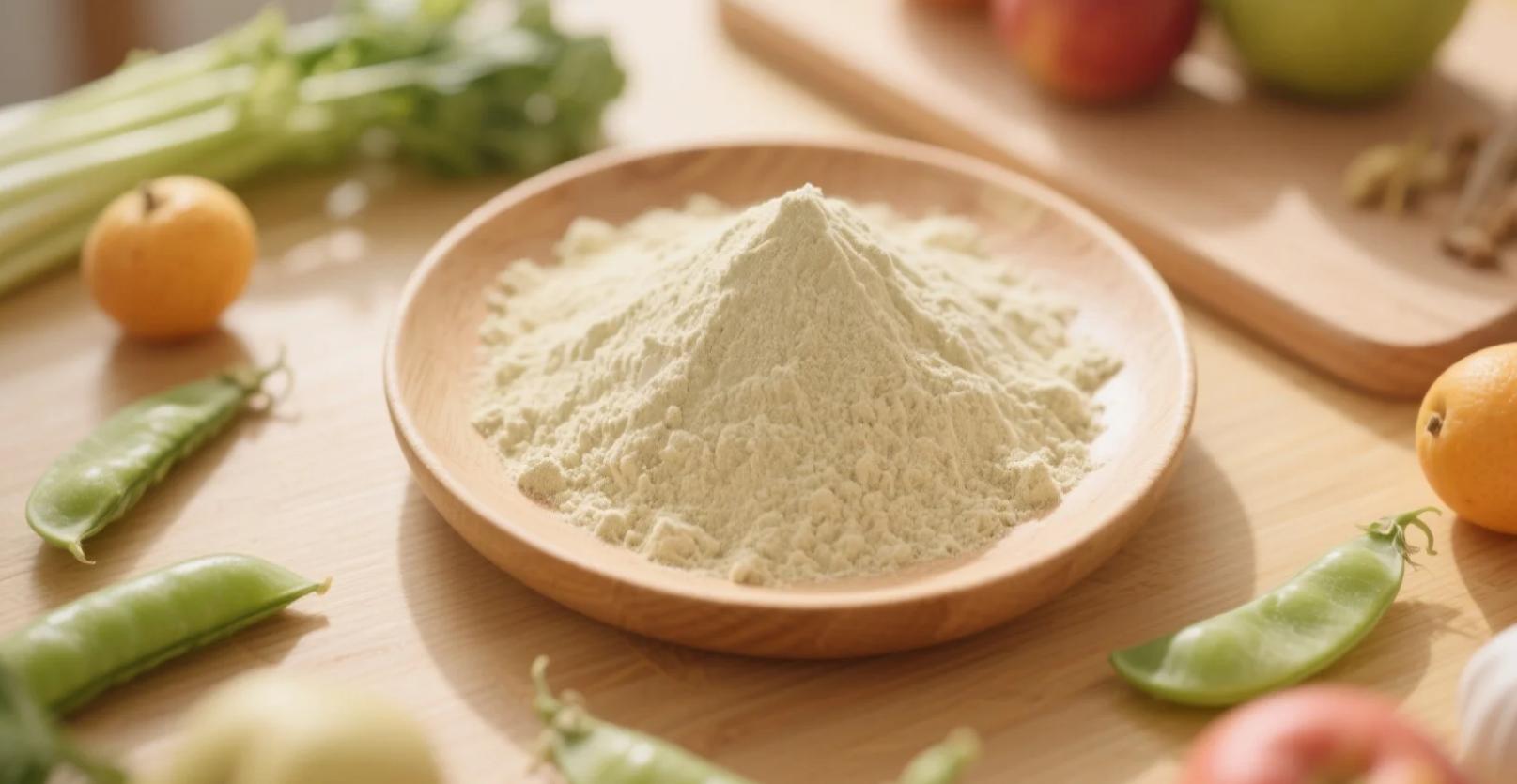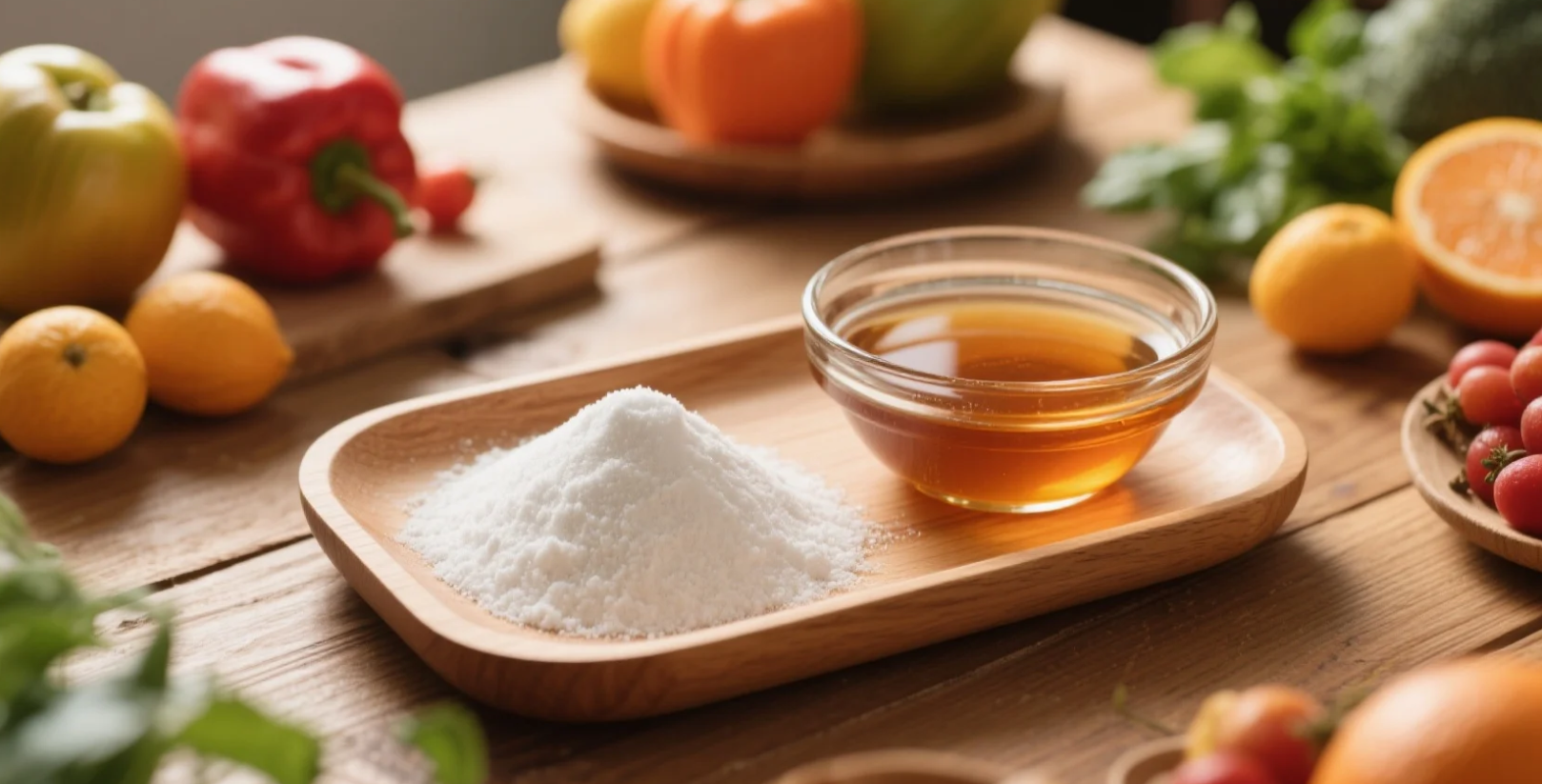Table of Contents
Barley grass is hailed as a chlorophyll-packed superfood—but for some, it’s a covert metabolic landmine. Organic barley grass powder and juice powder differ dramatically in potency and risks. Here’s when to avoid each, backed by clinical evidence.
3 Groups Who Must Avoid ALL Barley Grass
| Contraindication | Risk Mechanism | Organic Status Irrelevant? |
|---|---|---|
| Celiac Disease/Gluten Sensitivity | Airborne gluten cross-contact (even in “gluten-free” labels) → villi destruction | YES |
| Autoimmune Flares (RA, Lupus, Hashimoto’s) | Beta-glucans overstimulate TNF-alpha/IL-6 → cytokine storms | YES |
| Kidney Stones (Oxalate-type) | High oxalic acid (120–180mg/100g) → crystallizes with calcium → excruciating stones | Partially (organics have 30% less) |
Organic BARLEY GRASS POWDER (Whole Leaf)
Avoid If You:
- Take Blood Thinners (Warfarin, Eliquis)
Vitamin K (2.8mg/tsp) reverses anticoagulant effects → clotting risk. - Have Histamine Intolerance/MCAS
Grass alkaloids trigger mast cell degranulation → rashes, anaphylaxis. - Use Levothyroxine
Calcium/iron binds thyroid meds → 38% reduced absorption (take 4+ hours apart).
Organic BARLEY GRASS JUICE POWDER (Concentrated)
Avoid If You:
- Have FODMAP Sensitivity/IBS
Concentrated fructans (18g/tsp) → explosive bloating, diarrhea. - Undergo Chemotherapy
High chlorophyll blocks CYP3A4 enzyme → disrupts chemo drug metabolism. - Take Diabetes Medications
Insoluble fiber delays glucose absorption → unpredictable hypoglycemia.
Conventional vs. Organic: Hidden Toxins Magnify Risks
Non-organic barley grass often contains:
| Contaminant | Conventional Risk | Organic Certification Fix |
|---|---|---|
| Glyphosate | Endocrine disruption → worsens autoimmune flares | Banned (soil remediation) |
| Heavy Metals | Cadmium accumulates in kidneys → stone risk ↑ | Testing for Cd <0.1ppm |
| Pesticide Synergy | Organophosphates + grass alkaloids → neurotoxicity | Wildcrafted or indoor grown |
4 Safer Alternatives by Condition
- For Celiac/Autoimmune: Organic chlorella powder (cross-contamination proof)
- For Kidney Stones: Organic wheatgrass juice powder (oxalates <20mg)
- For Histamine Issues: Organic spirulina (stabilizes mast cells)
- For Medication Interactions: Organic parsley leaf powder (neutral CYP450 profile)
Self-Check: 3 Questions Before Using
- ”Am I within 2 weeks of surgery?” (Vitamin K → clotting risk)
- ”Do I have active gut inflammation?” (Fiber → IBD flare trigger)
- ”Am I taking >1 daily medication?” (Interactions likely with juice powder)
Testing Purity: Mix 1 tsp powder in water + vinegar.
→ Pure organic: Foams slightly (alkaloid reaction)
→ Contaminated: No reaction (dead enzymes)
The Only Safe Way to Trial Barley Grass
For low-risk individuals:
- Start with organic powder (less concentrated)
- Dose: ¼ tsp in acidic liquid (lemon water neutralizes oxalates)
- Avoid juice powder if: pregnant, under 18, or taking >3 medications
Final Verdict
Organic barley grass isn’t inherently dangerous—but its potency demands precision. Juice powder’s concentrated compounds risk medication clashes and gut chaos. Powder’s fiber/vitamin K menace blood thinners and sensitive guts.
When in doubt: Choose chlorella or wheatgrass. Nature’s green pharmacy has solutions without sabotage.
“Not all that’s green glitters safely. Know your body’s borders.”
Related Products
Organic Barley Grass Powder
Appearance: Green Fine Powder
Organic Chlorella Powder
Drying Method: Spray Drying, Freeze Drying Flavor: Fresh Chlorella Taste



